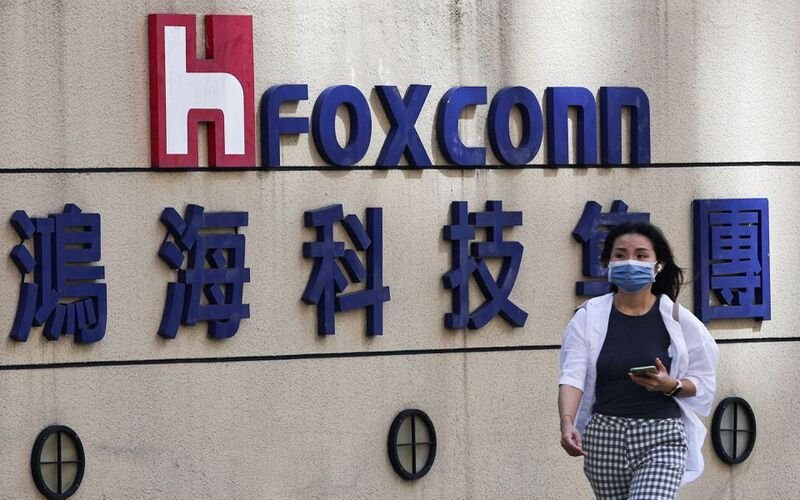Foxconn, a leading electronics manufacturer, has withdrawn from a chip joint venture in India with Vedanta, a global diversified natural resources company. The decision comes as a surprise and raises questions about the future of the venture and its impact on India’s semiconductor industry. This article delves into Foxconn’s withdrawal and its potential implications.
Background of the Chip Joint Venture
Foxconn and Vedanta had formed a joint venture in India to establish a chip manufacturing facility. The venture intended to contribute to India’s efforts to enhance domestic semiconductor production and reduce reliance on imports.
The partnership between Foxconn, known for its expertise in electronics manufacturing, and Vedanta, a company with a diverse portfolio in natural resources, was expected to bring together complementary strengths and drive the semiconductor industry’s growth in India.
Foxconn’s Decision to Withdraw
Foxconn’s decision to pull out from the chip joint venture with Vedanta has surprised industry observers. Foxconn or Vedanta has not explicitly disclosed the reasons behind this withdrawal.
Speculations suggest that factors such as changes in market dynamics, evolving global supply chain strategies, and potential challenges in the Indian semiconductor ecosystem might have influenced Foxconn’s decision. However, further details regarding the specific reasons for the withdrawal remain undisclosed.
Implications for the Venture and the Semiconductor Industry
Foxconn’s withdrawal from the chip joint venture raises questions about the future of the project and its impact on India’s semiconductor industry:
- Project Continuity: The withdrawal of a key partner like Foxconn may lead to uncertainties regarding the future continuity of the chip joint venture. Whether Vedanta will seek alternative partnerships or reassess the project’s feasibility remains to be seen.
- Domestic Semiconductor Production: The setback of the joint venture could slow down India’s efforts to boost domestic semiconductor manufacturing. The country aims to reduce its dependence on imports and establish a self-reliant semiconductor industry, and the success of such ventures is crucial for achieving this goal.
- Investment and Job Creation: The chip joint venture was expected to attract significant investments and create employment opportunities in the semiconductor sector. With the withdrawal of Foxconn, the extent of these investments and job creation prospects may be affected.
- Industry Competitiveness: Established players like Foxconn in the joint venture could have brought technological expertise, supply chain capabilities, and global market access. Their withdrawal may impact India’s competitiveness in the global semiconductor landscape.
Conclusion
Foxconn’s withdrawal from the chip joint venture with Vedanta in India has raised uncertainties regarding the future of the project and its implications for the semiconductor industry in the country. This decision is not explicitly stated, leaving room for speculation. However, it highlights the challenges and complexities of establishing a robust semiconductor ecosystem. The impact of this withdrawal on India’s semiconductor ambitions remains to be seen, and stakeholders will closely monitor the development of alternative strategies to strengthen the domestic semiconductor industry.











































Comment Template